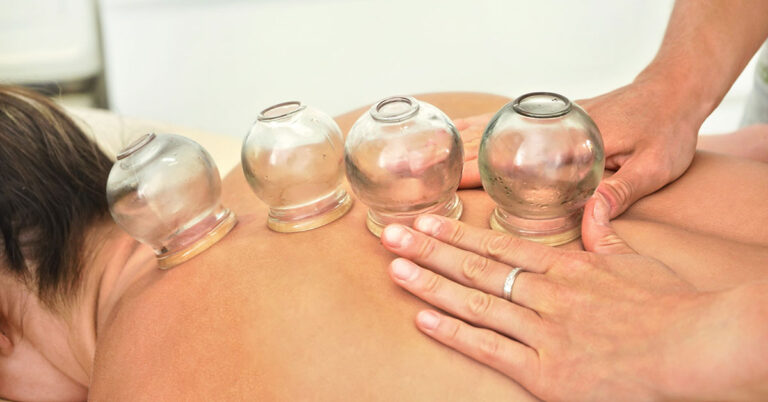Have you ever wondered, Is Cupping Safe For High Blood Pressure Patients? As cupping therapy gains traction in alternative medicine, it’s crucial to address concerns about its impact on individuals with hypertension.
Let’s explore the safety of this ancient practice for those managing high blood pressure.
Is Cupping Safe for Individuals with High Blood Pressure?
One important question that arises is whether cupping is safe for individuals with high blood pressure.
High blood pressure, also known as hypertension, is a common health condition that can have serious consequences if not properly managed.
Hypertensive patients often need to be cautious about trying alternative therapies that could potentially affect their blood pressure levels.
In the case of cupping, there is limited research on its effects on individuals with high blood pressure.
Safety Considerations of Cupping for High Blood Pressure Patients
Safe
- Some studies suggest cupping may reduce blood pressure levels.
- As long as it’s done by an expert, cupping therapy is generally safe.
- Properly conducted cupping sessions may not pose significant risks to individuals with high blood pressure.
- Cupping can promote relaxation and stress reduction, potentially benefiting blood pressure management.
Unsafe
- Cupping creates suction on the skin, which could affect blood flow and circulation, potentially impacting blood pressure levels.
- There is a risk of heavy metal exposure from cup materials, which may pose concerns for individuals with high blood pressure.
- Adverse effects such as skin irritation and bruising have been reported with cupping, particularly when performed incorrectly or with excessive suction.
- The long-term effects of cupping on blood pressure remain unclear, necessitating further research for definitive safety recommendations.
Exploring the Effects and Safety of Cupping Therapy on Blood Pressure
One study published in the Journal of Traditional and Complementary Medicine examined the effects of wet cupping therapy on blood pressure levels.
The study found that wet cupping resulted in a significant decrease in both systolic and diastolic blood pressure levels. However, more research is needed to determine the long-term effects of cupping on blood pressure.
Another systematic review published in PLOS One evaluated the effectiveness of cupping therapy for various medical conditions. The review found that cupping may have potential benefits for certain conditions, but firm conclusions could not be drawn due to limitations in the available studies.
In terms of safety, there have been reports of adverse effects associated with cupping, such as skin irritation and bruising.
Consult with a Medical Professional
Individuals with high blood pressure should consult with a medical professional before trying cupping therapy.
It is important to consider the potential risks and benefits, as well as how cupping may interact with medications or other treatments for hypertension.
Conclusion
In conclusion, while cupping therapy may offer potential benefits for certain health conditions, including high blood pressure, limited scientific evidence still supports its use.
Individuals with hypertension should exercise caution when considering cupping therapy and consult with their healthcare provider before trying it.
It’s important to weigh the potential risks and benefits, as well as consider how cupping may interact with other treatments for high blood pressure.
We need more research to fully understand the effects of cupping on blood pressure levels and overall cardiovascular health.
FAQs
While there is limited research on the effects of cupping therapy on individuals with high blood pressure, it is important to consult with a healthcare provider before trying it. Cupping could potentially affect blood flow and blood vessel function, which may impact blood pressure levels.
Some potential risks of cupping therapy include skin irritation, bruising, and the risk of heavy metal exposure from the cups used in traditional methods. Individuals with hypertension should consider these risks and consult with a medical professional before undergoing cupping therapy.
While some studies have shown that cupping therapy may lead to a decrease in blood pressure levels, more research is needed to fully understand the long-term effects of cupping on individuals with high blood pressure. Hypertensive patients need to consult with their healthcare provider before trying cupping therapy to ensure it is safe and effective for their specific condition.

















